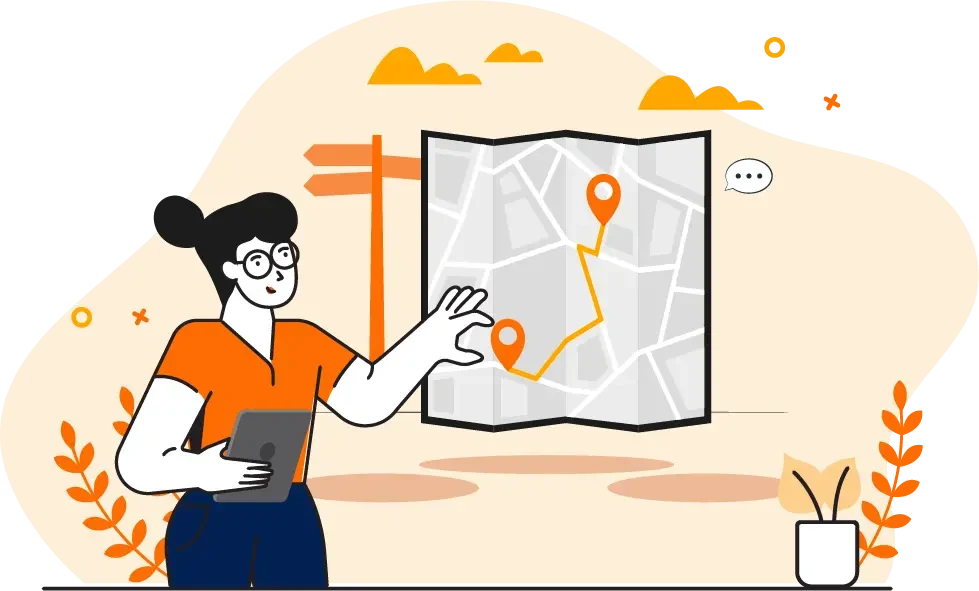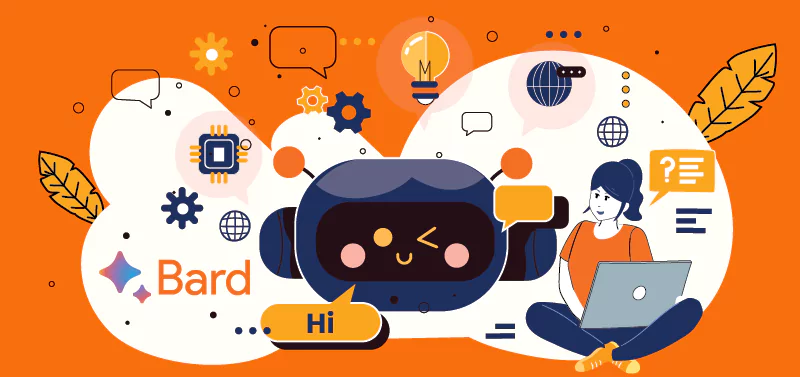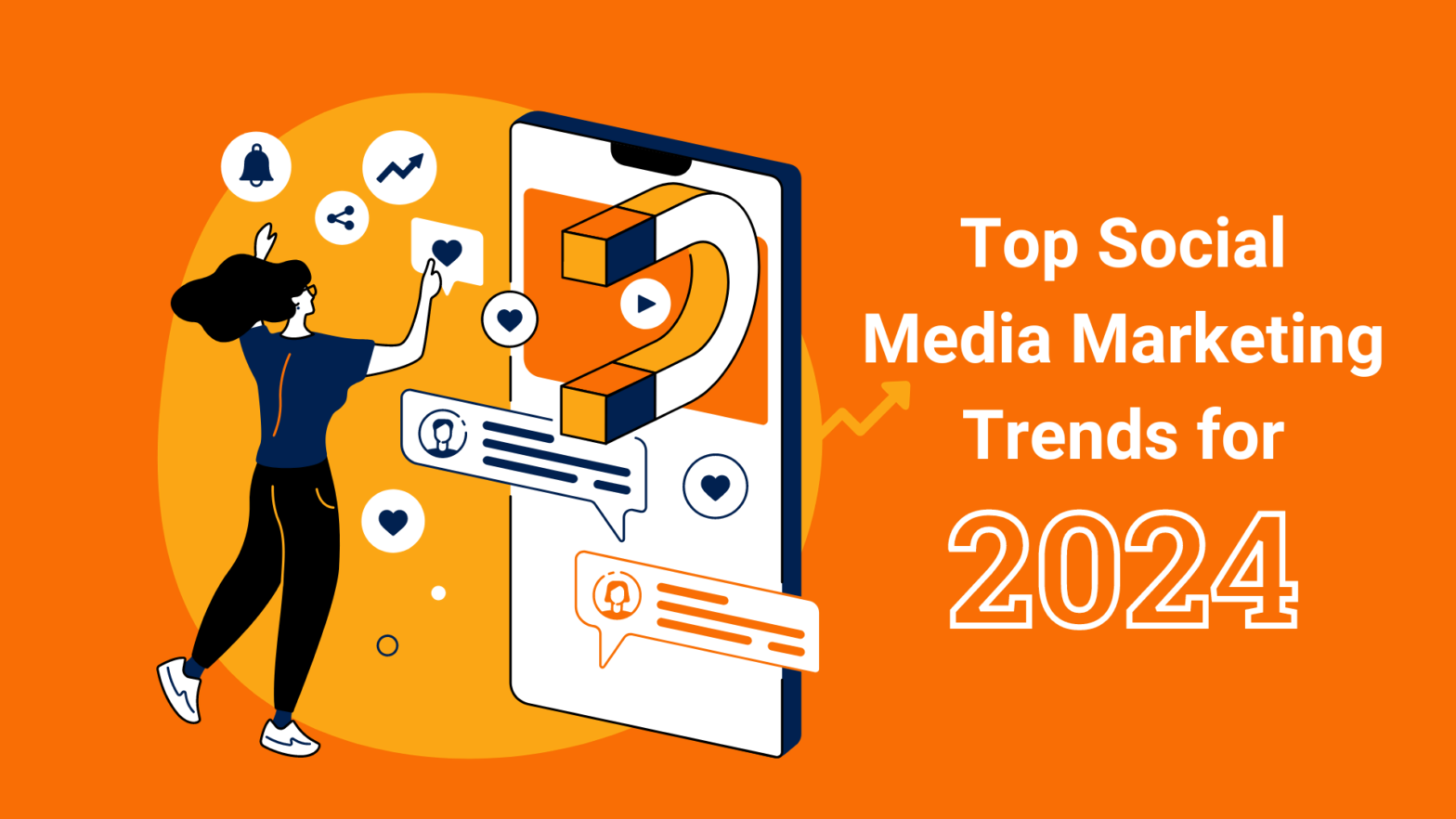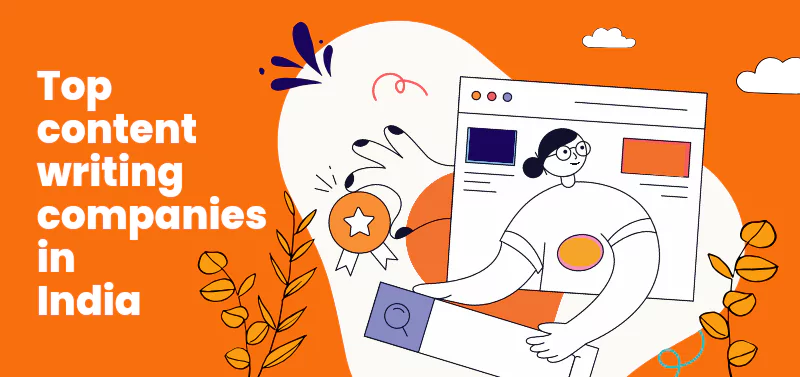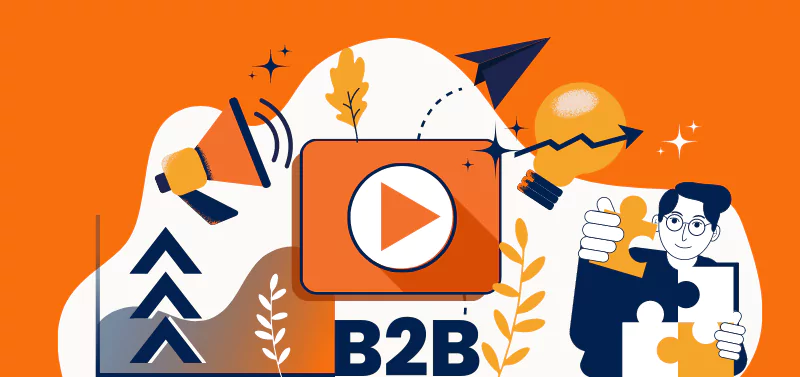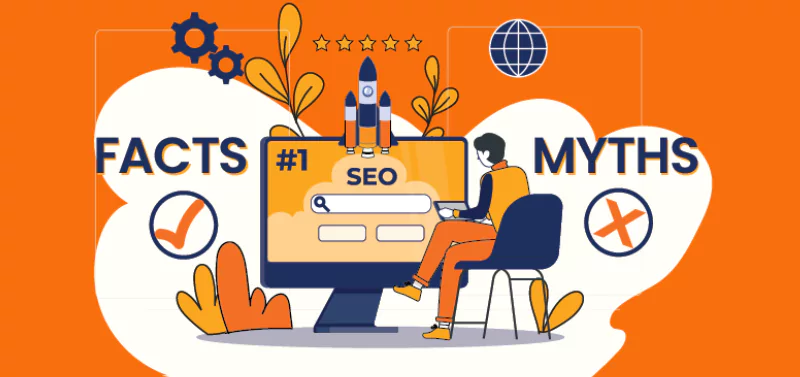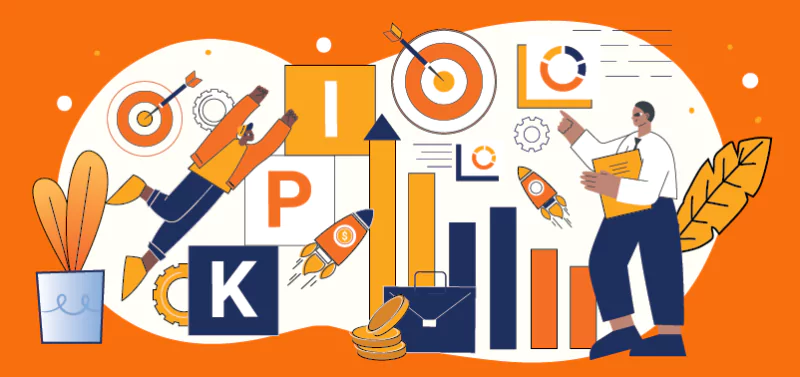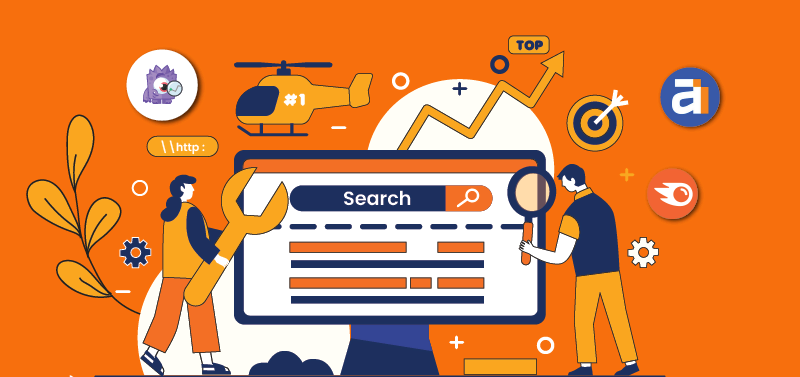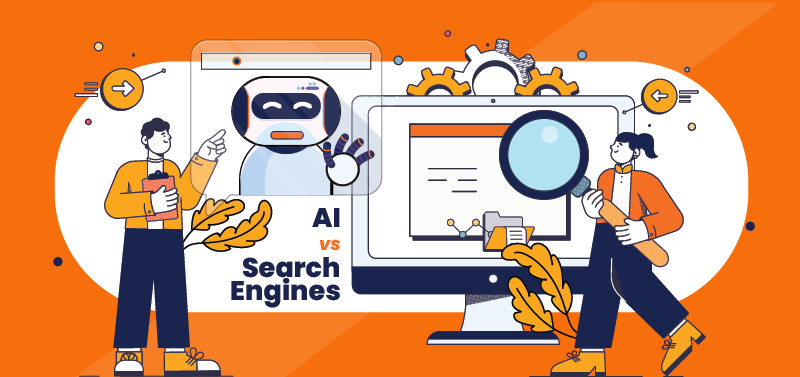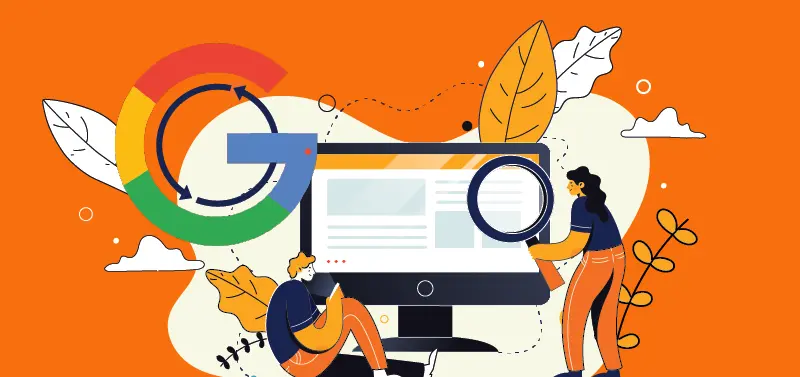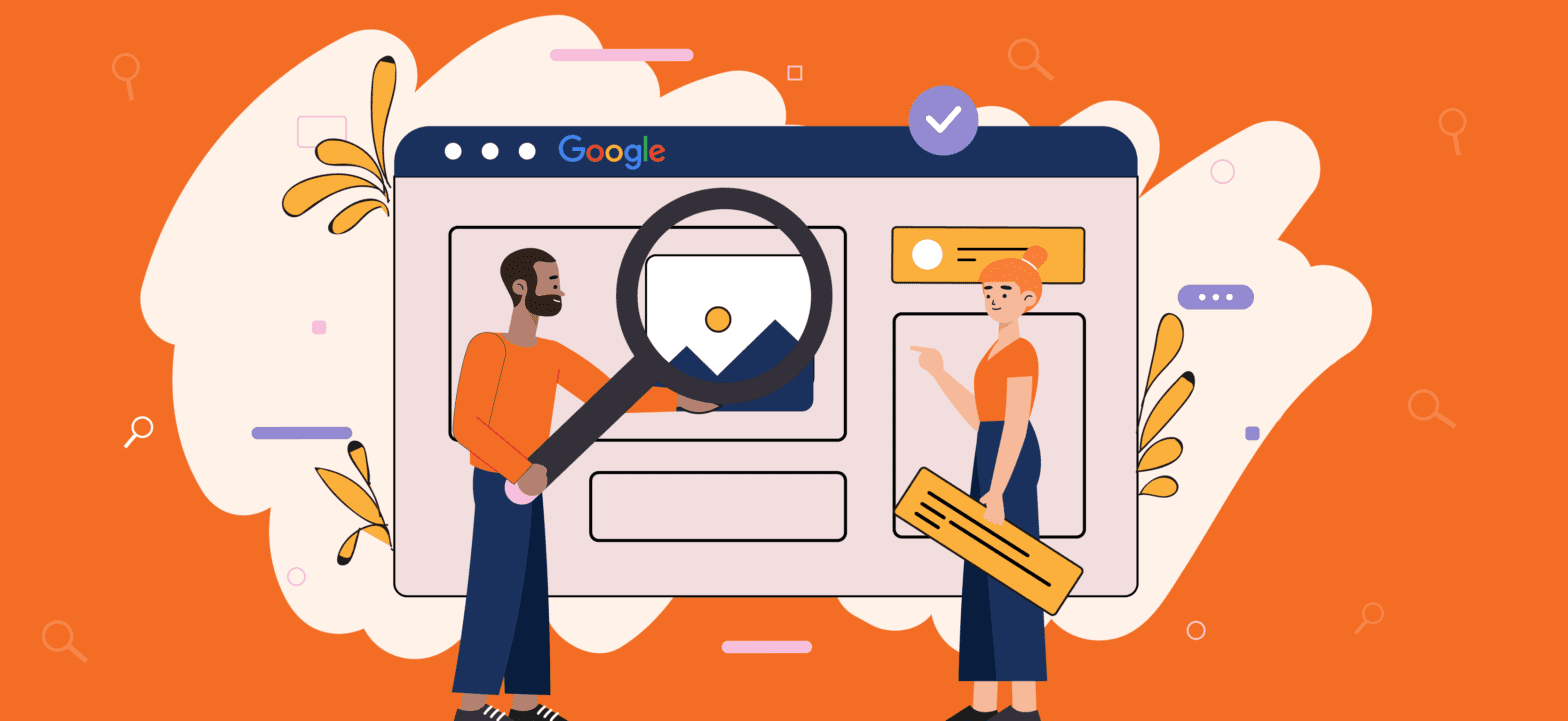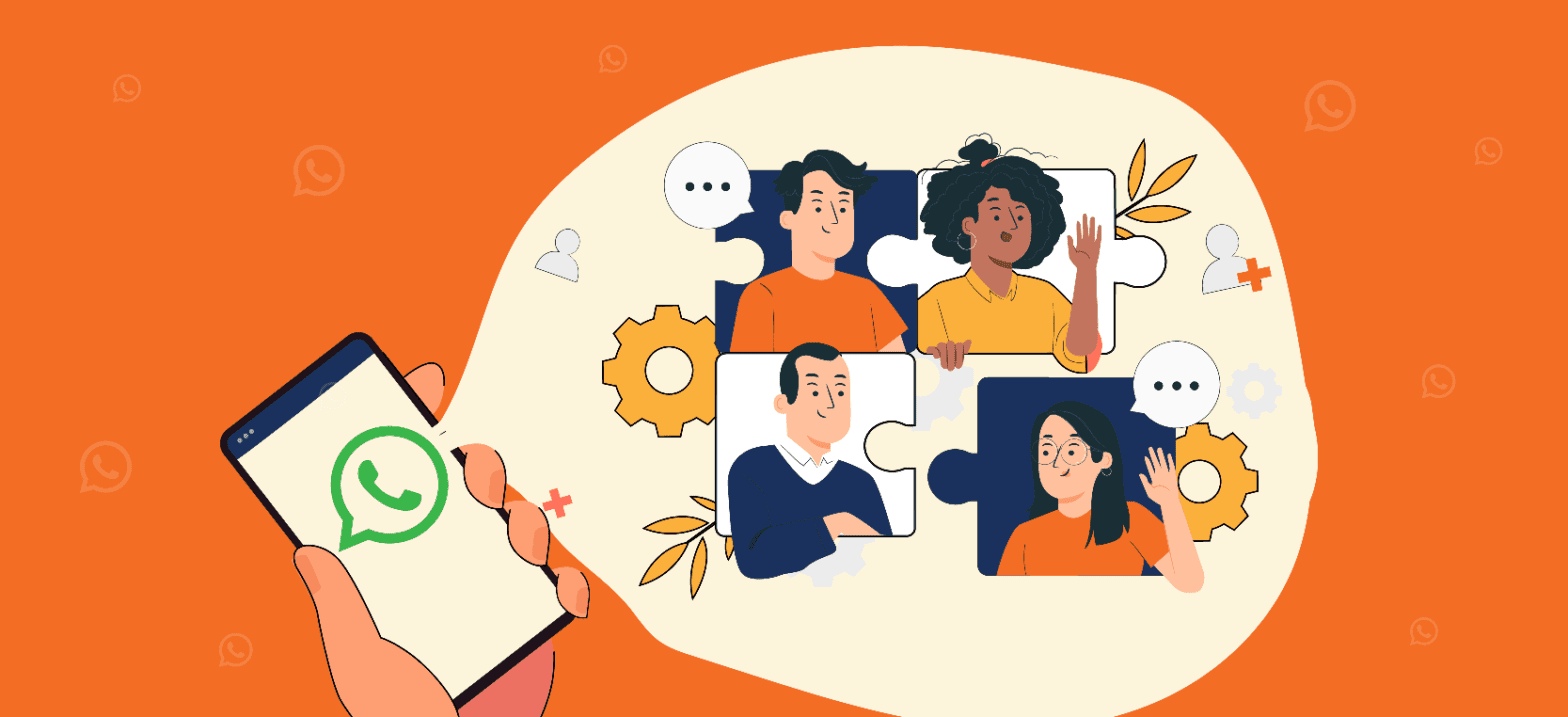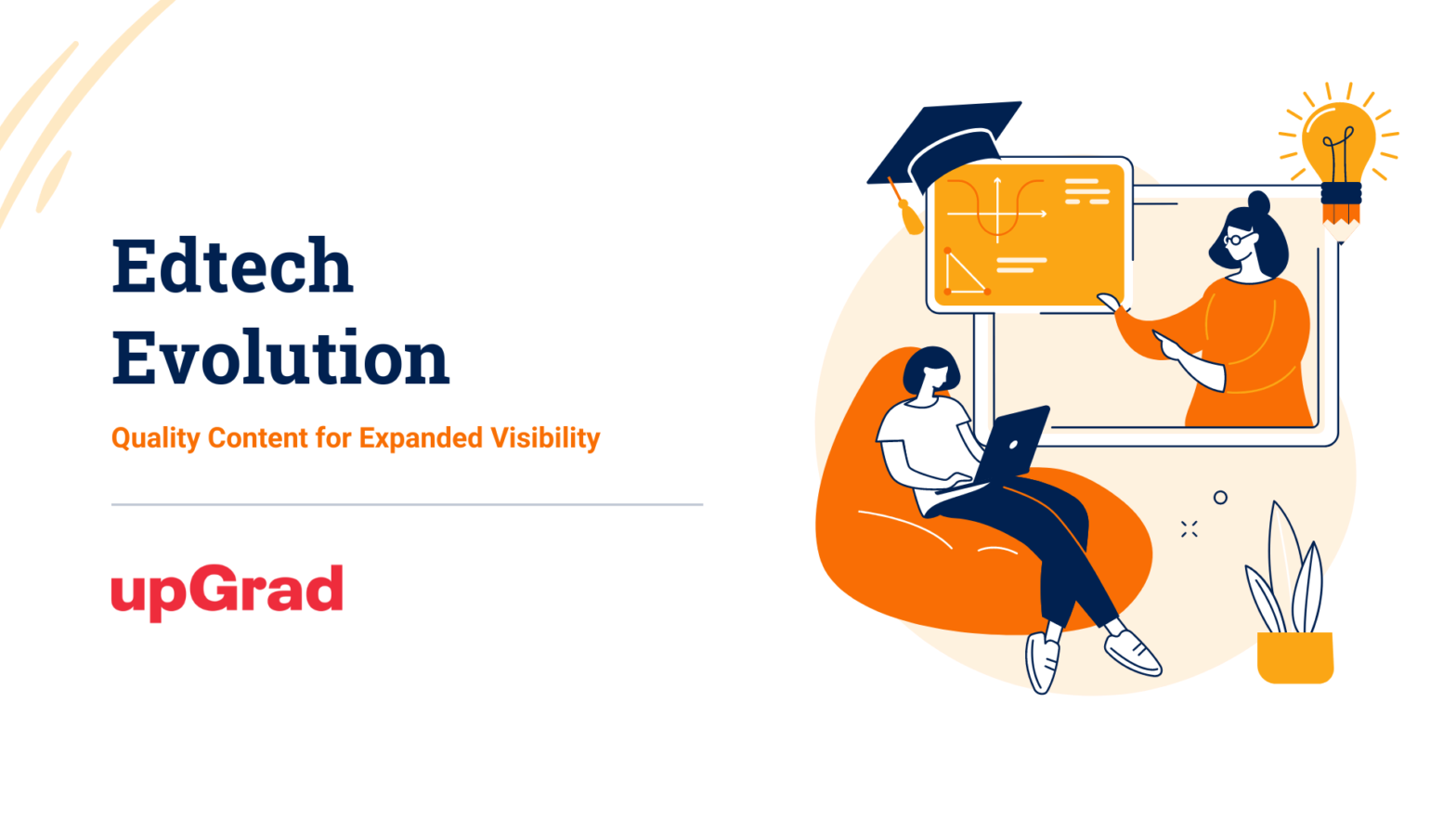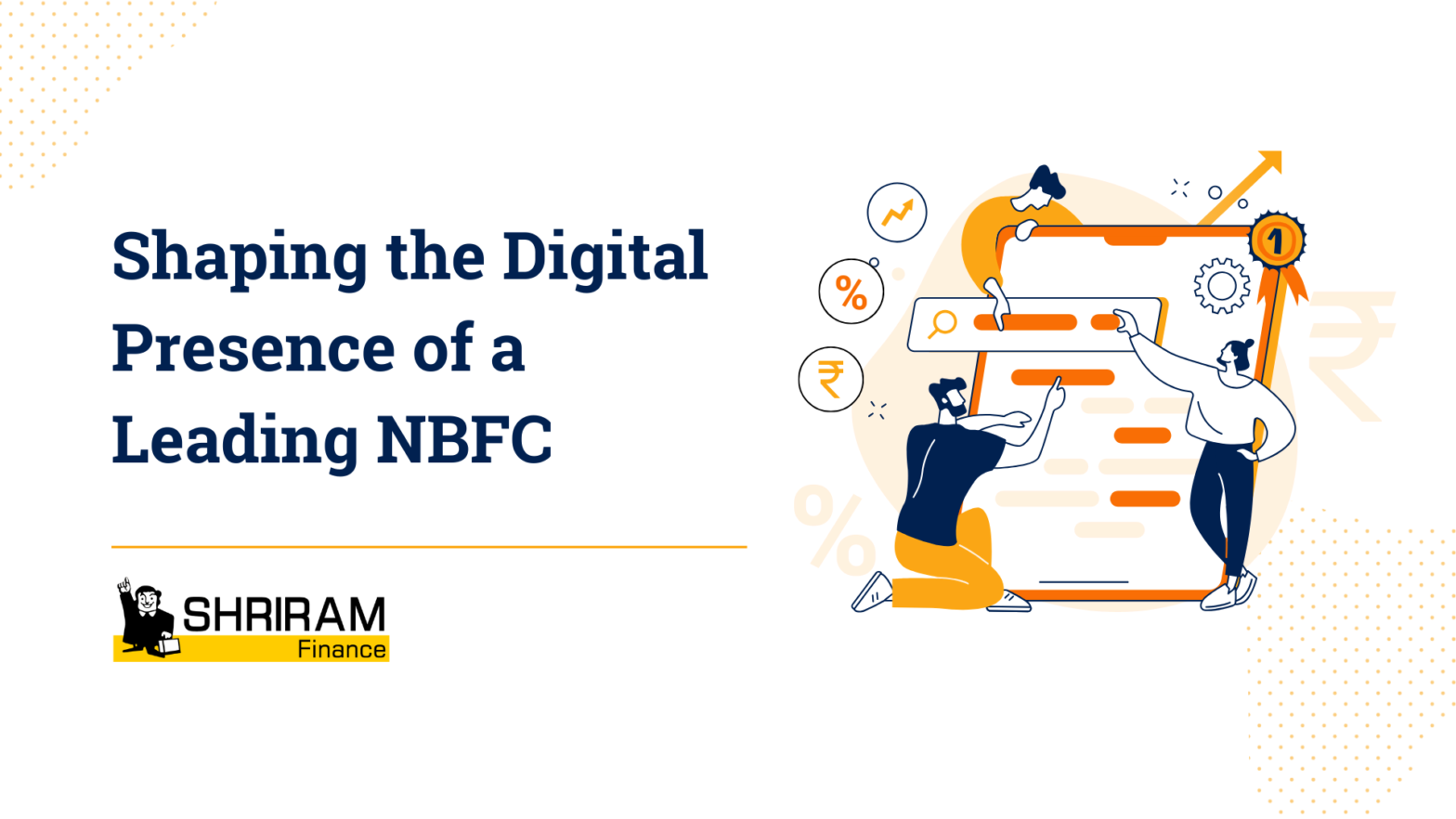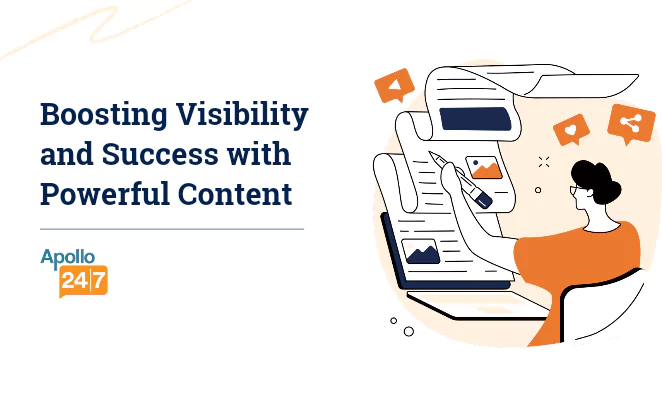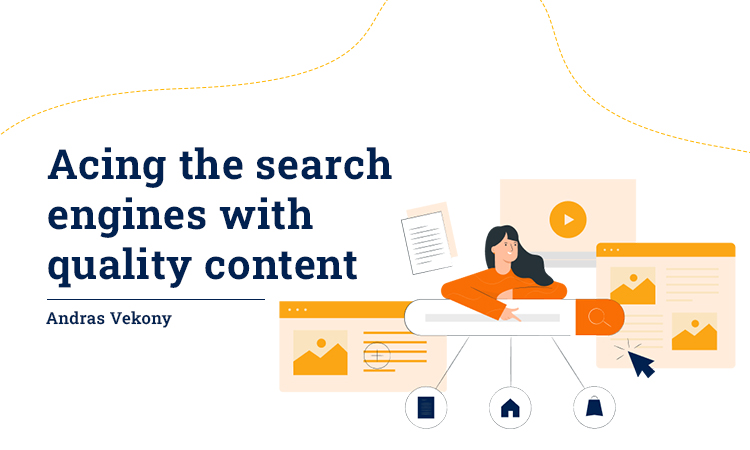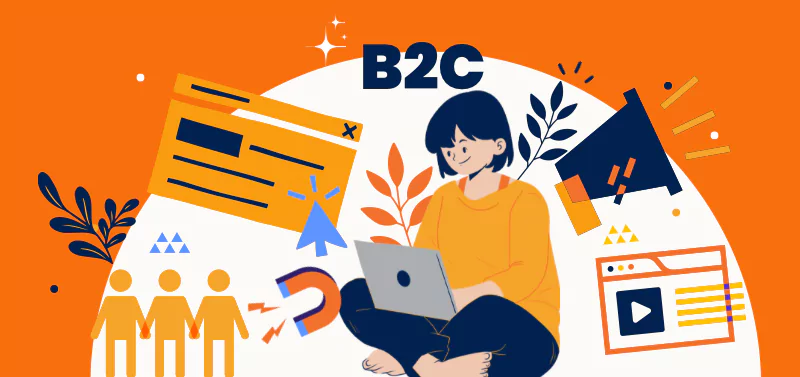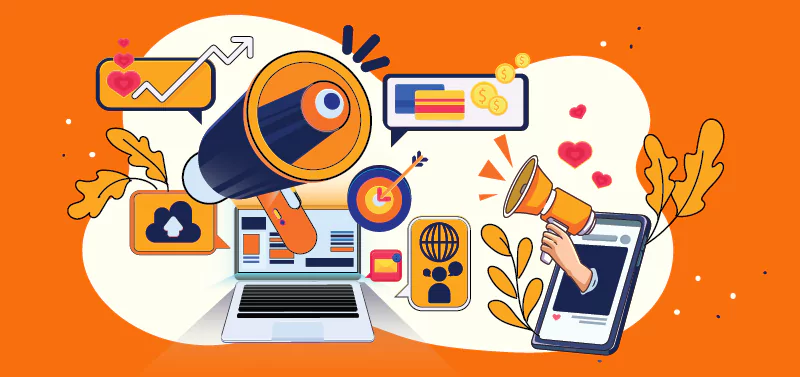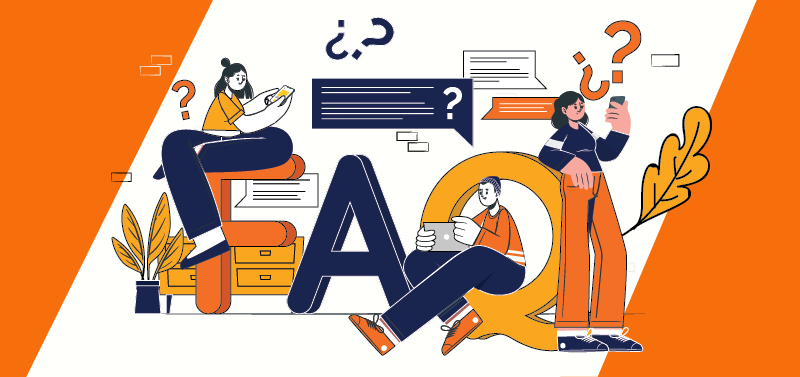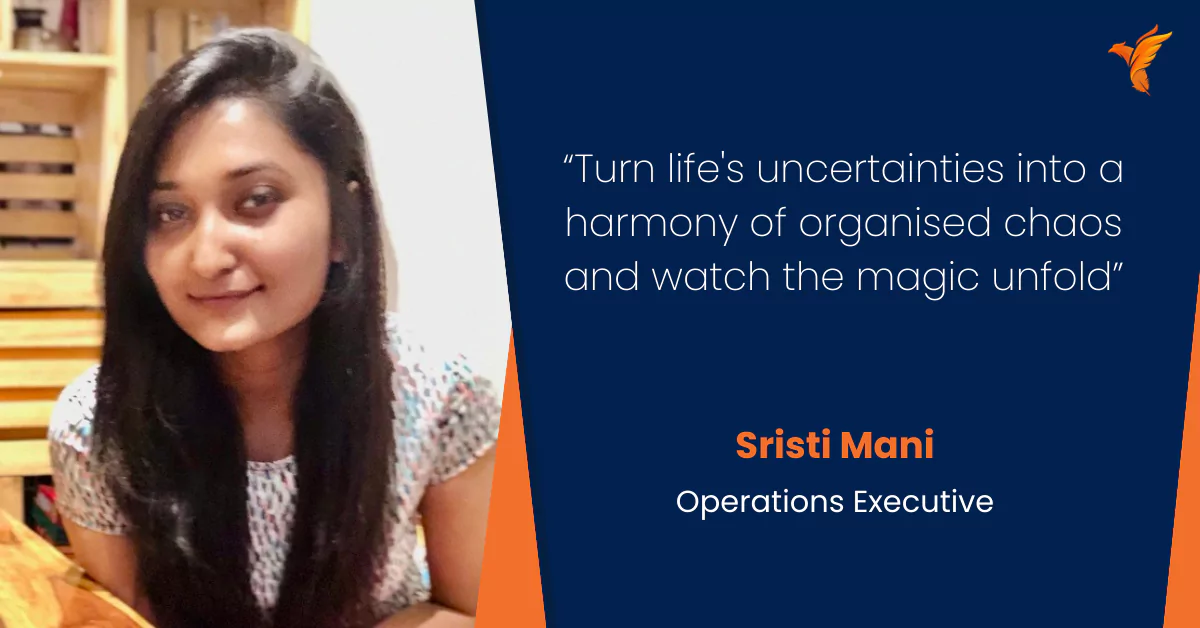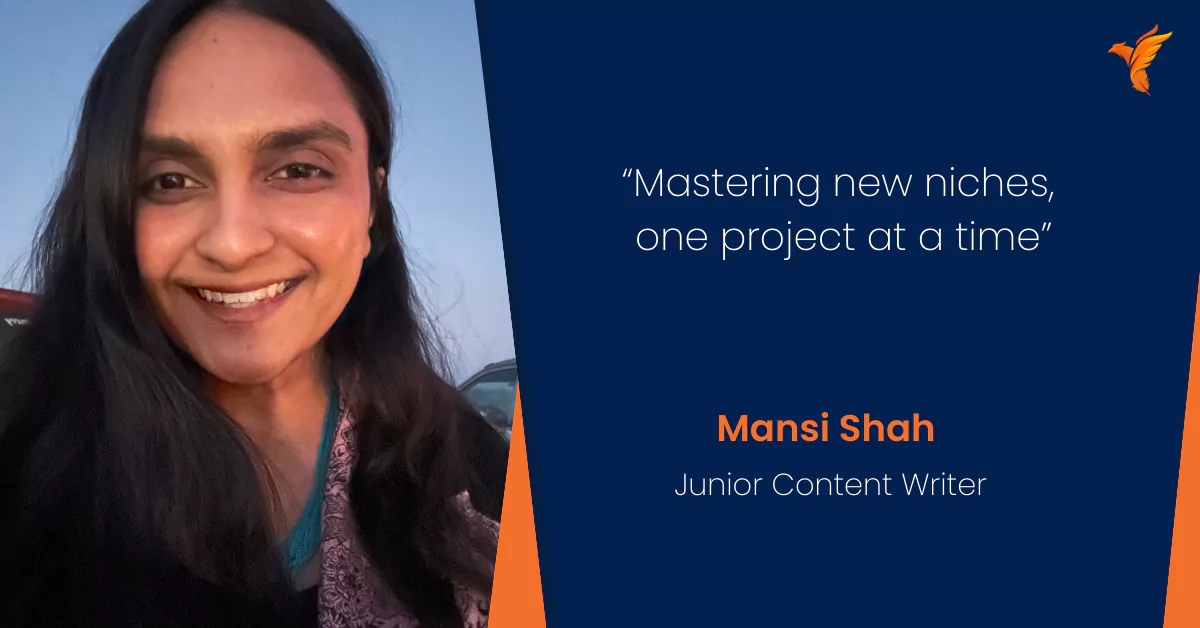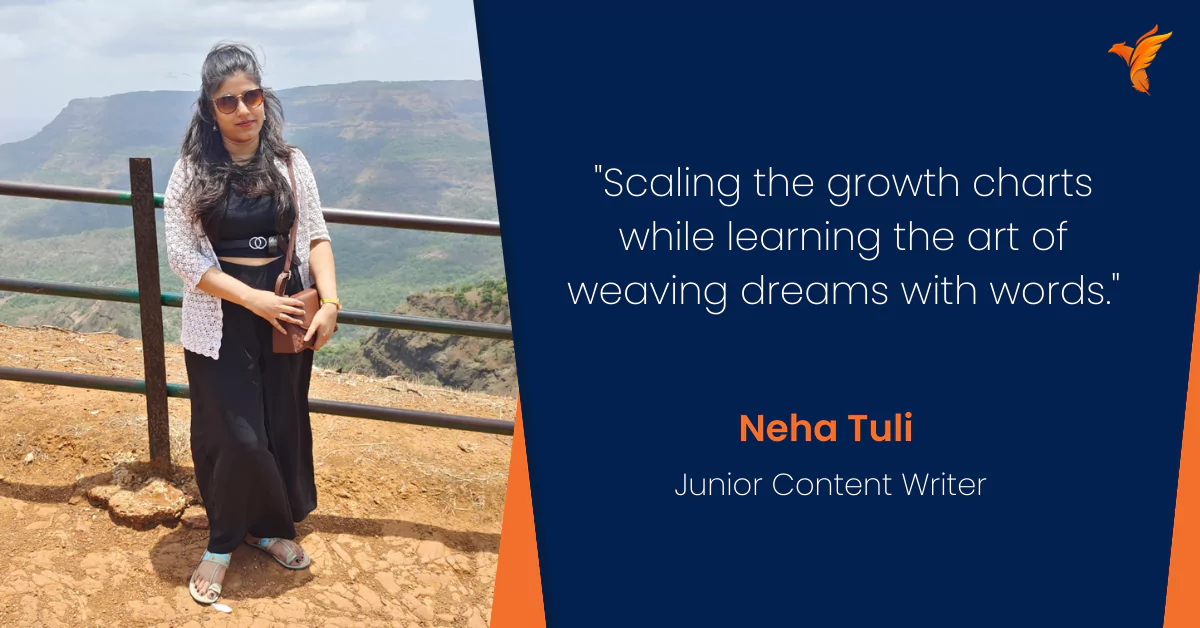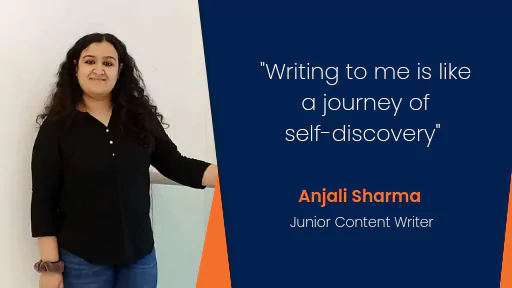Exploring Google Bard: A Guide on the Generative AI Chatbot
Author: Team WH
Published On: 12-07-23
Last Updated on: 19-04-24
Estimated reading time: 4 minutes
With a presence in 180 countries and 3 languages, Google Bard has been creating waves worldwide since its launch on March 21, 2023. In this exciting new era of AI chatbots, Google’s latest prodigy, Bard AI, has transformed how we generate information.
Bard is a tool that promises to help users in many ways. It highlights productivity, creativity, and information access to its users in a coherent and useful way by putting in accurate and specific inputs.
This article explores what this conversational AI chatbot is, how it works and how it differs from ChatGPT and other chatbot AI systems.
What is Google Bard All About?
Google’s Bard is an experimental, conversational AI chatbot. It aims to function similarly to ChatGPT, answering you with the information you need in a human-like tone. The “game-changing” feature Bard offers is that it pulls its data from the web.
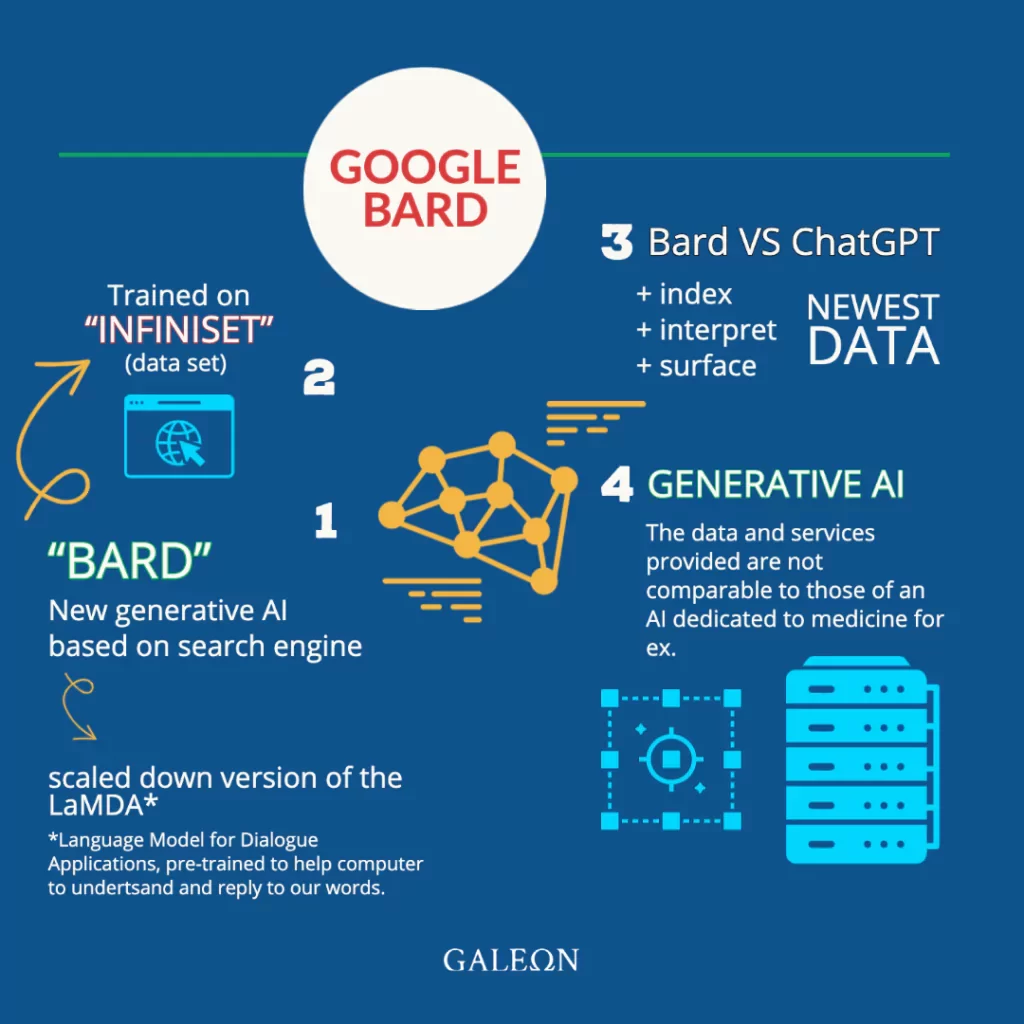
This conversational AI chatbot is powered by its LaMDA (Language Model for Dialogue Applications.) The service is trained on a massive dataset of code and text. It can translate languages, generate text, write a variety of creative content, solve math equations and answer your questions in an accurate and informative way in real time.
Bard is also meant to have a ChatGPT-style standalone service and function alongside Google’s search engine.
How Does Google Bard Work?
Bard by Google is a deep neural network that understands and analyses patterns in a large text data set. Based on that information, Bard then generates original outputs. It is quite different from Google Search, the default way billions of individuals search for information on the internet.
Bard differentiates itself from traditional search engines by being conversational. It lets its users write prompts for specific requests and generates human-like text or images using its artificial intelligence network.
Bard VS ChatGPT
One of the most prominent differences between Google’s Bard and OpenAI’s ChatGPT is their training set of data.
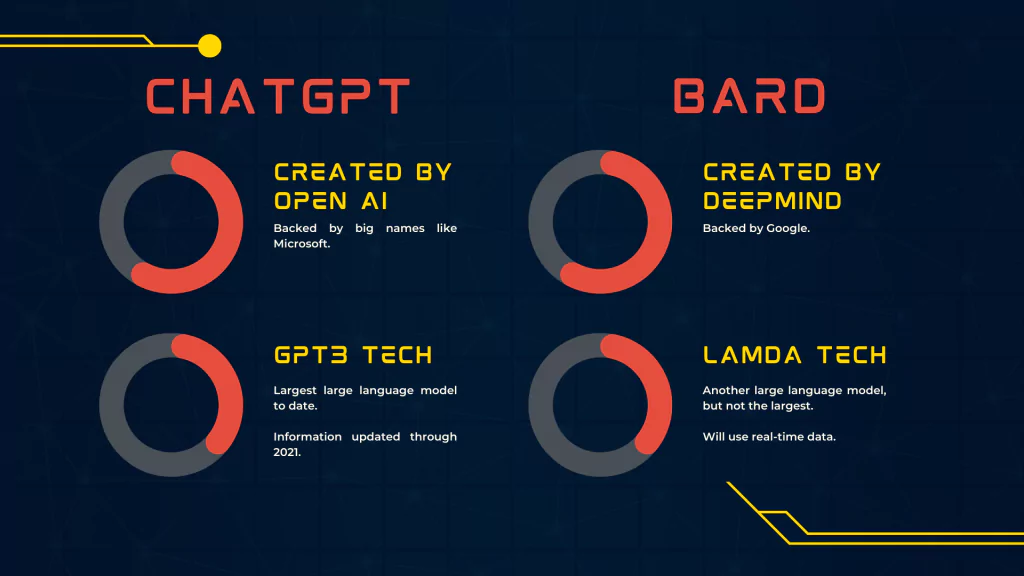
Let us look at some other key points of differences between ChatGPT and Bard below:
| Feature | Bard | ChatGPT |
| Strength | Bard is better at generating creative data like images, texts, innovative articles, etc. | Generates answers in a conversational, human-like and informative way. |
| Price Point | Bard is completely free. | ChatGPT has a paid version for advanced features. |
| Advanced Voice Feature | Bard has a voice command feature that you can use to give it inputs when you are on the go. | ChatGPT does not offer this feature. |
| Editing Drafts | Bard provides multiple options for a response which you can edit on the go. | While ChatGPT does regenerate its response, it does not allow you to edit it. |
| Access Outside Chatbot | Bard is now available for users to use as a part of Google’s search engine. | ChatGPT signed a deal with Microsoft as it is available in Bing’s search engine. |
Future of Generative AI
The emergence of generative AI models such as ChatGPT and Google Bard will undoubtedly represent a significant advancement in content creation and search technology. Like any new technology, there will inevitably be initial challenges, but these models will undergo substantial and rapid improvements in the coming years.
Beyond enhancing search performance, it will be fascinating to observe the impact of AI on competitive landscapes in fields like SEO and Language Service Providers. It is widely acknowledged that early adoption of these tools will be crucial, but only time will reveal the full extent of the resulting disruption.
The Evolving Landscape of AI Chatbots and the Future of Bard
It’s clear that the generative AI landscape is constantly evolving, with new advancements and innovations shaping the future of information.
Google Bard and ChatGPT have already significantly impacted how we access information. However, the journey of Bard and the broader field of AI chatbots is far from over, as they still need to pave a long way for a transformative future.
As Bard continues to evolve, it may become an integral part of Google’s search engine, providing users with a more conversational and personalized search experience.
The potential for Bard to assist users in real-time tasks, such as booking flights, recommending events, or providing up-to-date information on various topics, can be an exciting look into AI’s integration into daily life.
Looking beyond Bard, the future of generative AI chatbots holds caution and promise for its users. Challenges and ethical considerations also come to the forefront with any rapidly advancing technology. Ensuring data privacy, addressing biases, and maintaining AI algorithms’ transparency is crucial.
We must carefully navigate these waters as chatbots evolve and shape our interactions with technology.
Wrapping Up
Current times are an exciting and cautious step into the future of generative AI. With the promises Google’s Bard AI makes, it can change how we access information. However, it is essential to note that Bard is still under development, and some potential challenges need to be addressed. Overall, Google Bard and other such chatbots are promising technologies users need to watch out for.

